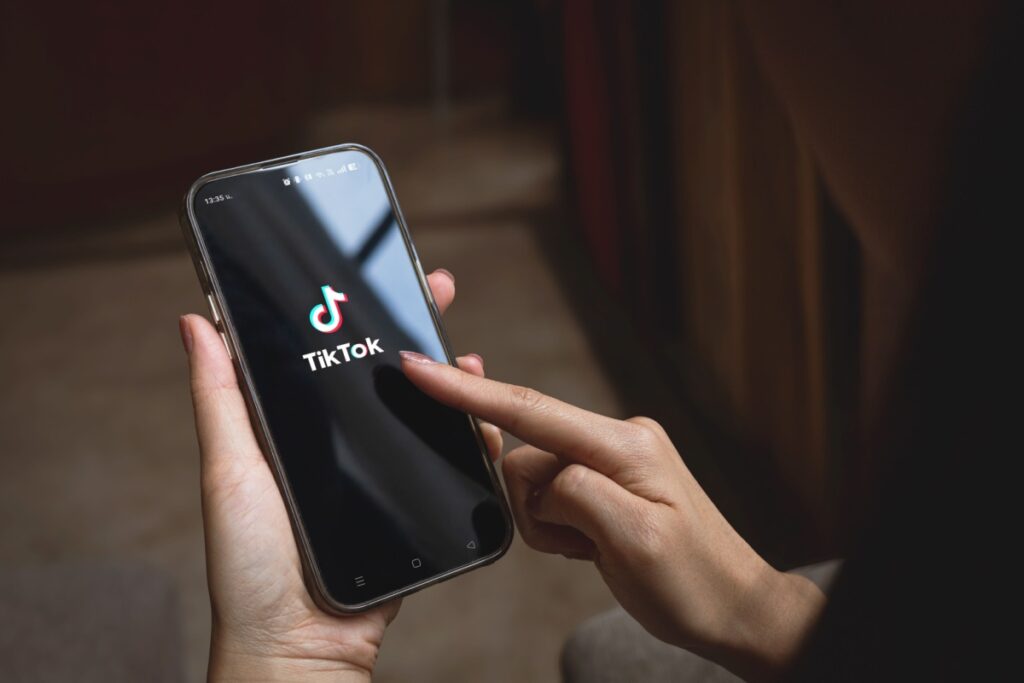The Indonesian government temporarily suspended TikTok’s operating license following waves of public unrest and political tension. The move came amid demonstrations across several cities over concerns about government transparency and alleged attempts to curb dissent online. Authorities stated that the suspension was due to non-compliance with national data regulations, particularly regarding the storage and processing of user data.
Suspension Amid Rising Protests
Officials from the Ministry of Communications and Informatics (Kominfo) emphasized that all digital platforms operating in Indonesia must comply with strict data localization rules under the Electronic Information and Transactions Law (EIT Law). The temporary suspension, announced in late September 2025, was widely interpreted as part of a broader government effort to assert control over digital spaces and online discourse.
The measure triggered immediate backlash from users, influencers, and small businesses that rely heavily on TikTok for marketing and outreach. Indonesia, one of TikTok’s largest markets, counts more than 150 million users, many of whom use the platform for commerce and political expression. Critics accused the government of weaponizing data regulations to stifle dissent, particularly after several high-profile videos critical of President Prabowo Subianto’s administration went viral.
Data Localization and Compliance Measures
In response to the suspension, TikTok’s management team held emergency talks with Indonesian regulators. The company agreed to a data localization plan, pledging to host all Indonesian user data on local servers and provide regulatory access to ensure transparency. These changes were presented as part of a broader strategy to align with Indonesia’s Personal Data Protection Law, which took effect in 2022.
The Badan Regulasi Telekomunikasi Indonesia (BRTI) reviewed TikTok’s technical submissions, confirming that the platform had established new data centers within Indonesia and adopted regional oversight mechanisms. The company also agreed to stricter content moderation procedures and to cooperate with law enforcement on identifying accounts spreading misinformation or inciting unrest.
According to a BRTI spokesperson, the reinstatement of TikTok’s license on October 4, 2025, was contingent on regular audits and continuous compliance. TikTok officials welcomed the decision, describing Indonesia as a “key strategic market” and affirming their commitment to respecting local laws while maintaining user safety and freedom of expression.
Political Dynamics and Reactions
Observers linked the suspension to broader political sensitivities, as the government faces criticism for tightening its grip on public communication channels. Activist groups argued that the move targeted opposition voices active on social media, while government allies framed it as a necessary measure to protect digital sovereignty and prevent foreign influence on domestic politics.
The episode also reignited debate about Indonesia’s growing trend of digital nationalism, a policy direction that emphasizes domestic control over technology infrastructure and data. Scholars noted that similar actions had previously been taken against other foreign tech firms that failed to register with Kominfo or comply with local content rules.
Meanwhile, international analysts expressed concern that regulatory measures could set a precedent for limiting digital freedom in Southeast Asia’s largest democracy. Human rights organizations urged the government to balance national security interests with freedom of expression.
Next Steps and Monitoring
Now that TikTok has regained its license, the platform must navigate a more complex regulatory environment. The BRTI will monitor its data management practices closely and retain authority to suspend operations again if violations occur. TikTok’s compliance roadmap includes transferring all user data to Indonesian servers by the end of 2025 and implementing transparent reporting systems on content moderation.
Other major platforms, such as Meta, YouTube, and X (formerly Twitter), are also under increased scrutiny, as the government moves toward a uniform digital governance framework. Analysts suggest that the outcome of TikTok’s case could influence how future foreign platforms negotiate regulatory compliance in Indonesia’s fast-growing digital market.
Despite these challenges, TikTok remains a dominant force in the country’s online culture, shaping entertainment, commerce, and political debate alike. Its reinstatement marks a crucial test of how Indonesia balances technological innovation with national control in an era of expanding digital regulation.


